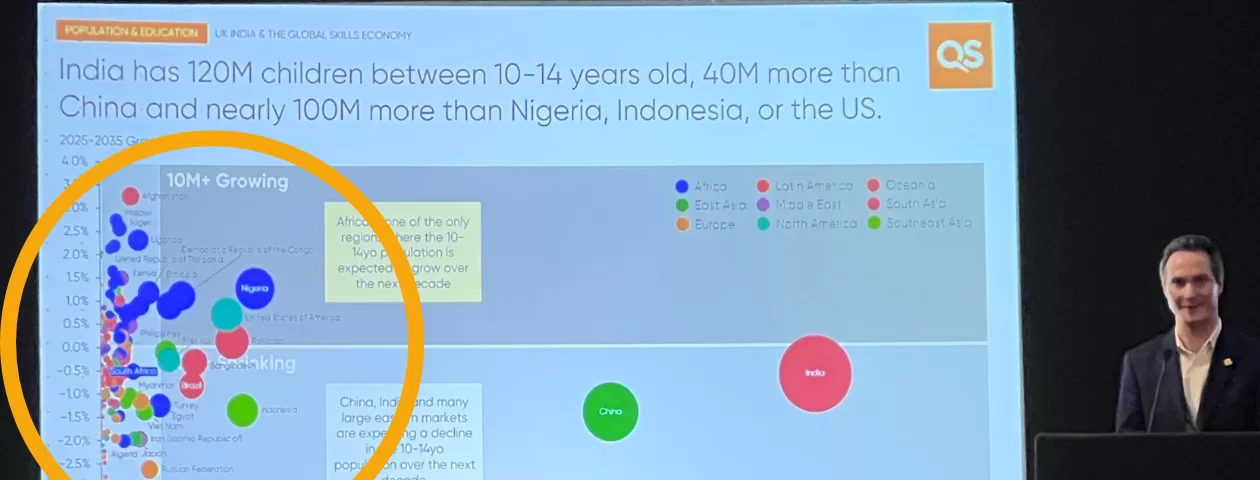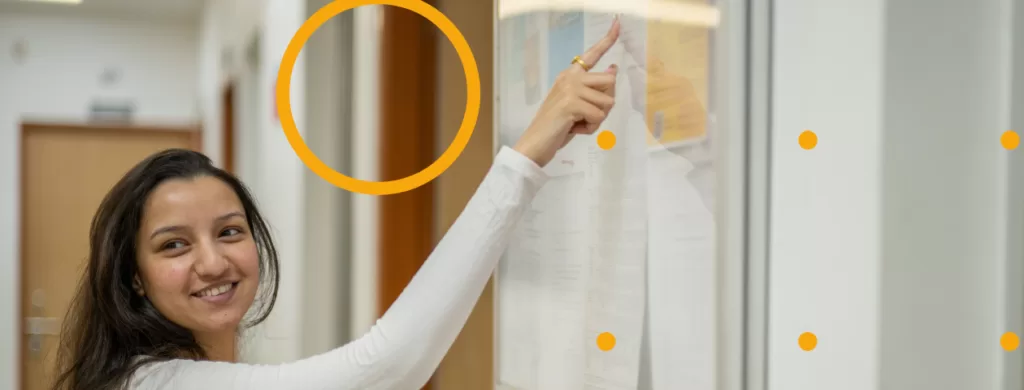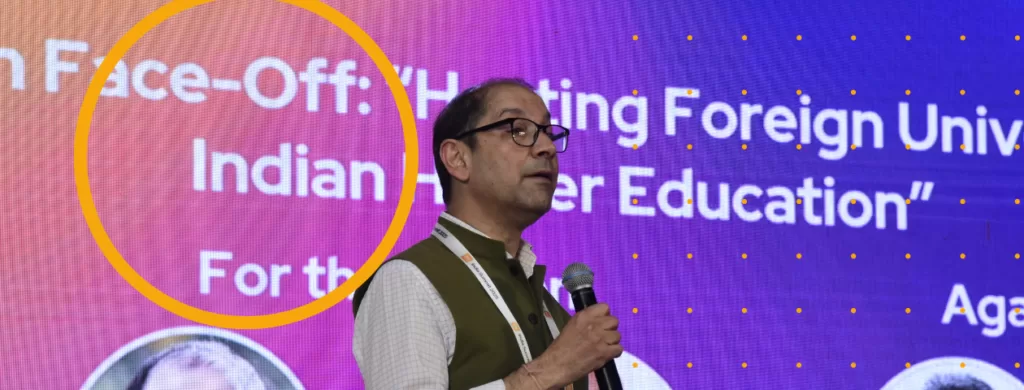
The India UK Education Conference, held on February 13 in central London, brought together stakeholders from across the two countries with one aim – to continue to build connections between the UK and India.
“There is huge potential in education [for the UK in India],” said UK Minister of Services, Small Business and Exports, Gareth Thomas.
In mid 2024, the University of Southampton announced it would open a campus in Delhi and begin teaching in autumn 2025. Thomas described the move as “very significant”.
“But I think there is a lot of untapped opportunity,” he continued. “We’ve identified eight sectors that are key to the UK’s growth [in the industrial strategy] and it feels like India is a key area for us to target for those.”
He added that the UK government would be encouraging more links between universities in the respective countries.
“Encouraging more links… is something that we need to do. There are beginnings of significant partnerships but it feels like very early days and in government we need to give that a bit more of a push… [This could be] potentially a game-changing for both UK universities and Indian universities.”
Agreements need to be win-win, Thomas said, serving students as well as institutions in a mutually beneficial way – a key theme of the day.
QS at the India UK Education Conference
At the Conference, Alex Berka, QS Insights Manager, explored the living bridge between the India and the UK’s higher education sectors. In the International Graduate Outcomes Report, QS and Universities UK International data found that 74% of Indian alumni from UK universities feel a connection with the UK, and 54% are more likely to do business with the UK. The bridge and connection between India and the UK is strong.
But Berka identified challenges that each country faces but also identified a path forward with the help of strong partnerships. In the QS World Future Skills Index, we found that India has a shortage of future green skilled workers compared to the demands of the Indian economy.
HolonIQ by QS data shows that the UK has some of the lowest GDP growth in the G20, while India is the fastest growing economy. However, nearly 100m jobs in India are at a high or very high risk of automation, across industries – in the QS World Future Skills Index, we can see that the UK is more ready for to train the future workforce. This is another avenue for partnerships.
It’s clear that bilateral, equitable partnerships between the countries and their universities can promote growth and solve societal challenges.
Also at the Conference, Jessica Turner, QS CEO, chaired a panel session where experts shared and identified actionable strategies to build transformative India-UK partnerships.
This event follows a successful QS India Summit 2025. Read our reflections here.
The Indian VC perspective
Pankaj Mittal, Secretary General of Association of Indian Universities, has travelled to the UK as part of a 20+ delegation of Indian university vice chancellors.
“As long as quality education is provided, we are welcoming other universities to India,” said Mittal. “And our delegation of 20+ vice chancellors [are coming to you] with the mindset that we want to collaborate. There will be many partnerships, not right away but eventually.”
Pankaj warned about pocket MoUs that look good on paper but are inconsequential over time and bring few positives.
“We want to learn a lot from you and we expect that you will learn a lot from us because we want equitable partnerships. If equitable partnerships are there, then everyone is welcome to India.”
Building on strong foundations
Director of Universities UK International, Jamie Arrowsmith, highlighted three main takeaways from the event – opportunity, partnership and reciprocity.
“Clearly there are huge opportunities in the UK-India relationship and particularly in higher education and research,” he said.
“There are opportunities for mobility and exchange and that shouldn’t be one way. This is also about creating opportunities for UK students to experience India. That has to be something that we place far more of an emphasis on going forward.”
UUKi has previously led the Going International campaign to promote international exchanges to UK students. The Turing Scheme, launched after the UK left Europe’s flagship mobility program, Erasmus+, has also expanded funding opportunities to UK students beyond the EU.
“We have incredibly strong foundations to build on [with India] and there is a long history of collaboration between our institutions,” Arrowsmith added.
“We will only be able to consider ourselves successful if we move beyond transactional relationships and partnerships. We really have to be focusing on how the relationships that we build are really delivering shared and reciprocal benefits to all partners.”
Learn more about our India-UK insights and expertise



